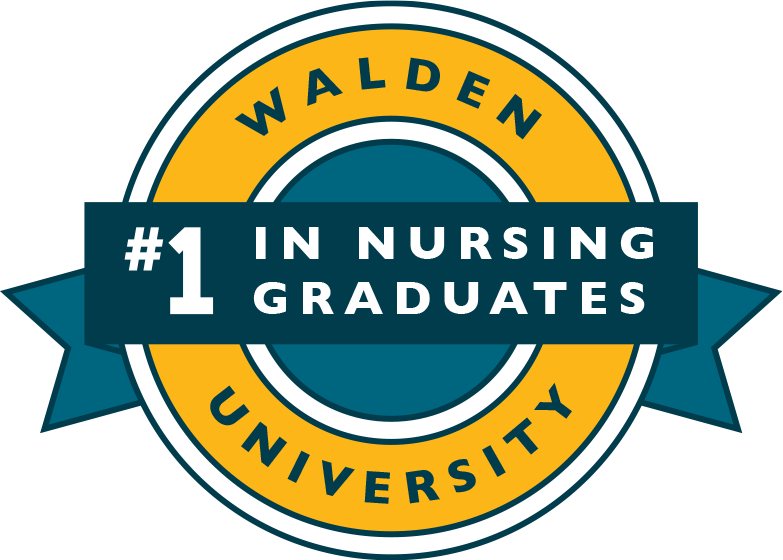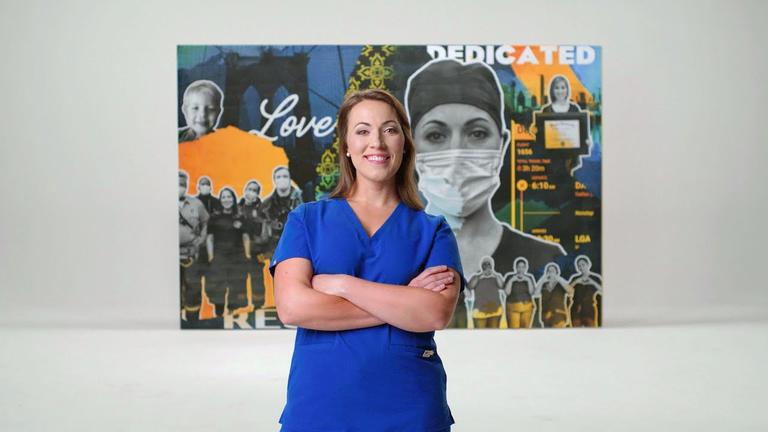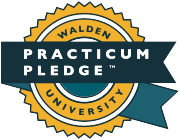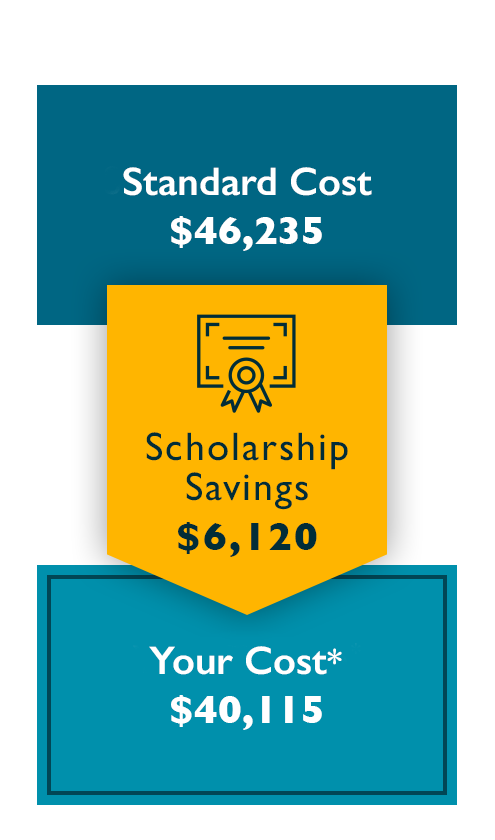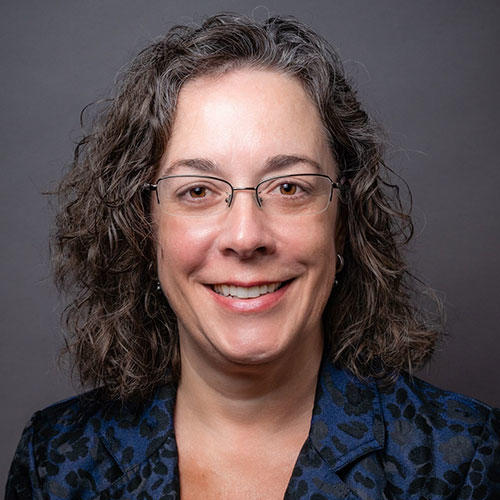1Bureau of Labor Statistics (BLS) | Nurse Anesthetists, Nurse Midwives, and Nurse Practitioners
2BLS | Nurse Practitioners
Commission on Collegiate Nursing Education (CCNE)
The baccalaureate degree program in nursing (BSN), master’s degree program in nursing (MSN), post-graduate APRN certificate program, and Doctor of Nursing Practice (DNP) program at Walden University are accredited by the Commission on Collegiate Nursing Education (www.ccneaccreditation.org).
Note on licensure: Walden’s MSN nurse practitioner specializations are designed to academically prepare graduates with an active registered nurse (RN) license to practice in the U.S. as nurse practitioners. However, each state has its own academic preparation and authority to practice requirements and issues its own license for an RN to be permitted to practice as a nurse practitioner in that state. Learn more about professional licensure.
No graduate program can guarantee that graduates will obtain licensure to practice as a nurse practitioner. We encourage students to consult the appropriate board of nursing or regulatory authority in the states or jurisdictions in which they reside or intend to seek licensure to determine specific requirements. Walden Enrollment Specialists can provide general information relating to licensure; however, it remains the individual’s responsibility to understand, evaluate, and comply with all requirements relating to licensure for the state in which they intend to practice, as requirements vary widely.
Note on certification: Walden’s MSN program is designed to academically prepare graduates to apply for national certification. Walden makes no representations or guarantees that completion of Walden coursework or programs will permit an individual to achieve national certification. We encourage students to consult an appropriate certifying body for the specific certification eligibility requirements. Students should also consult their state board of nursing or other state agency to determine what certifications are required or accepted in that state. It is an individual’s responsibility to understand, evaluate, and comply with all requirements relating to national certification, as requirements vary widely. For more information about nurse practitioner certification exams, students should visit the American Academy of Nurse Practitioners Certification Board at www.aanpcert.org, the American Nurses Credentialing Center at www.nursingworld.org/ancc, the American Association of Critical Care Nurses (AACN) at [email protected], or the Pediatric Nursing Certification Board (PNCB) at https://pncb.org, or other nurse practitioner certification websites.
Enrollment Restrictions by State
Walden currently cannot enroll residents of the following states/districts into any nurse practitioner specializations: Louisiana, New York, Oregon, and Rhode Island.
Note on Field Experience and Relocating
Students who are considering relocating are advised to contact their Student Success Advisor prior to any decision to relocate in order to determine how relocation may impact progress in their program. Advisors can provide information and guidance on how relocating may result in possible changes, restrictions, and/or additional requirements affecting field experience. Each Board of Nursing and Higher Education Authority governs the field experience rules and regulations in their respective states, and students may be unable to complete field experience in the state in which they plan to relocate. While Walden is committed to working collaboratively with students to secure field sites across the United States, it is imperative that students contact their Student Success Advisor immediately when considering relocating.







